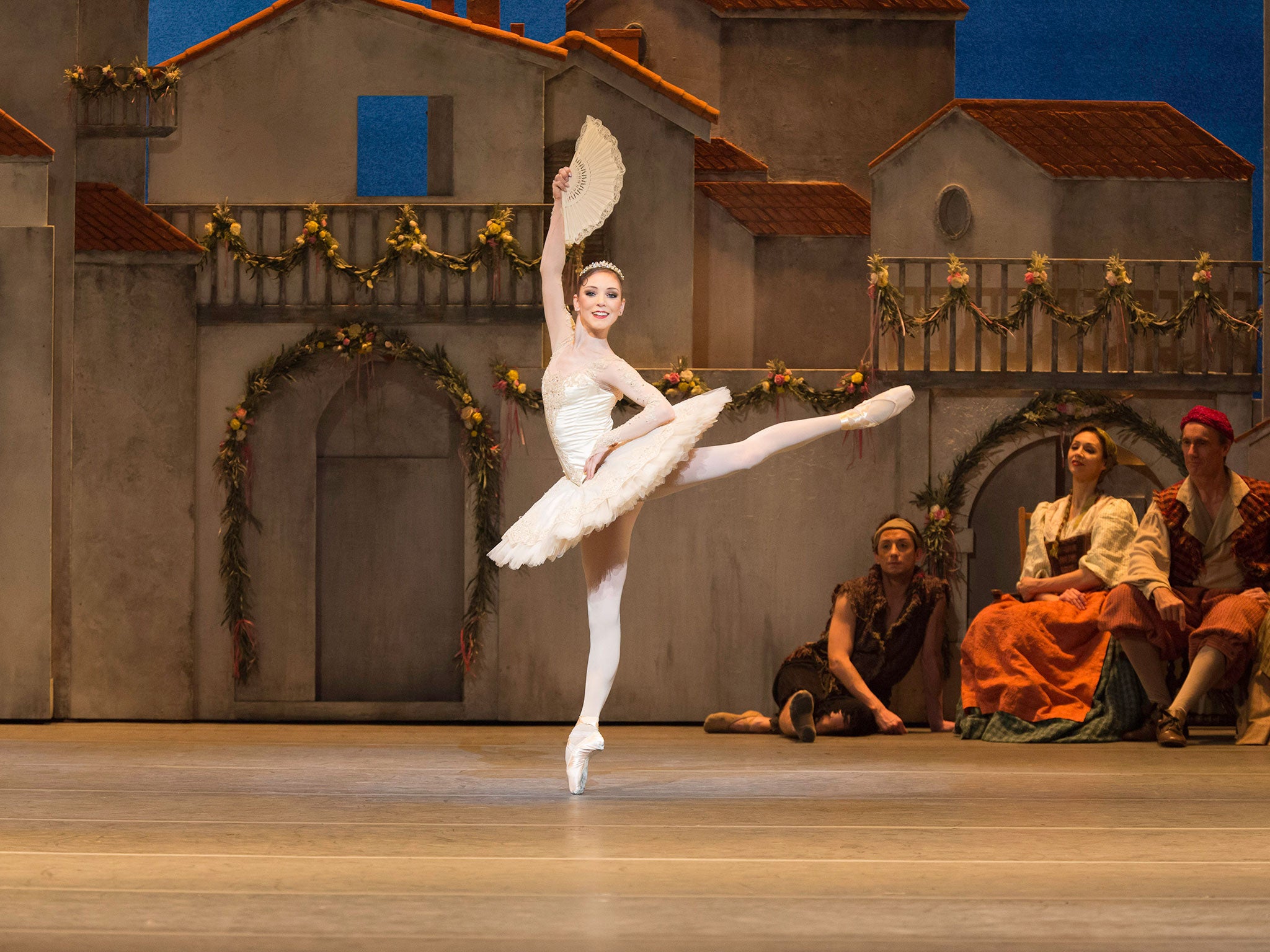Manifesto for 2015: An end to audience rip-offs
Subsidised national companies should make more of an effort to leave London


The arts must take centre stage in 2015 – an election year – but how nice it would be if it takes centre stage not just through a continuation of great performances and exhibitions, and certainly not just by our shouting about cuts, but by our saying that this should be the year of the consumer; the year when audiences’ needs come first.
First and foremost, there must be an end to booking fees, handling charges and all the other imaginatively named administrative charges on tickets. Audiences loathe these fees. For 2015, let the cost printed on the ticket be the only cost we have to pay.
Let’s see an end too, please, to restoration levies which ticket buyers are obliged to pay at many theatres owned by millionaire, or indeed billionaire, proprietors. Curiously, though the public are forced to pay towards renovations, they are not offered any share in the profits.
And more attention must be paid to consumers of the arts outside of London. Those heavily subsidised national companies based in London must be made to tour Britain. Those that do not, be it the English National Opera or Royal Ballet, will rightly come under scrutiny from grant-giving bodies such as the Arts Council. Galleries, too, need to get their works out of London more. It is faintly obscene that our major galleries in London have art treasures hidden in their basements, when more of them could and should be touring the country. In 2015, let’s hope that if you are a national institution, you display your wares nationwide.
In an election year, we will rightly expect the arts to make the case to politicians for proper funding. But the arts must also look inwards and take steps to help themselves (and their vistors) more. For example, it is ludicrous that it took the National Gallery until last year to have a Friends and Members organisation (which will make it hundreds of thousands of pounds a year), and even now neglects to have a Friends’ room, unlike the Tate and Royal Academy.
And let this be the year that venue owners and event promoters remember that an evening out is more than just what is happening on stage. It is also the interval drinks, parking, an unrestricted view, sufficient lavatories, an informative, readable programme. Ah yes, the programme. How much longer are we to be palmed off with expensive, uninformative programmes which are little more than advertising sheets? Programmes that list other productions actors have been in without telling us which parts they played? Programmes at classical music concerts which simply keep agents happy by listing other recitals the soloist has planned in the future? Let 2015 be “No rip-offs in the arts year”; the year when the needs of the consumer come first, and the golden age that we are definitely experiencing on stage, on the concert platform and in the gallery, becomes a golden age for audiences.
Harriet Harman needs to follow up on her call for arts provisions to be covered by Ofsted (Getty)
Harriet Harman must act on safeguarding the arts in schools
Harriet Harman, the shadow Culture Secretary, has called for schools’ arts provision to be included in Ofsted inspections, to avoid a “school by school lottery” on whether children experience the arts. It’s a good idea. The separation of arts and education government departments (which were not always separated thus) means that the work of schools is rarely addressed by arts ministers or their opposition counterparts. Fortunately, Harman is a sufficiently powerful figure in the Labour Party to ensure that she is listened to, and can affect its education policy, even as holder of the Culture portfolio. So, I look forward to a commitment in Labour’s election manifesto that Ofsted inspections will in future include arts provision.
Now here’s an awkward dilemma for the jetsetting art world
On the subject of the election, the art world is, of course, gearing up to play a major part in May’s poll – campaigning on the doorstep in that frenzied final week, and turning out in force to vote on Thursday 7 May. But wait … I see that the people at the Venice Art Biennale, with no regard for our parochial political matters here in the UK, have brought this year’s opening forward by several weeks, and it unhelpfully clashes with the general election. What are the hundred of politically minded art lovers, including some notable household names, to do? Will they forego the exhibitions, meals, lavish parties and gondola rides this year to help out over here? Or will they risk embarrassment by pleading vital cultural business in sunny Venice? It’s an agonising dilemma.
Join our commenting forum
Join thought-provoking conversations, follow other Independent readers and see their replies
Comments